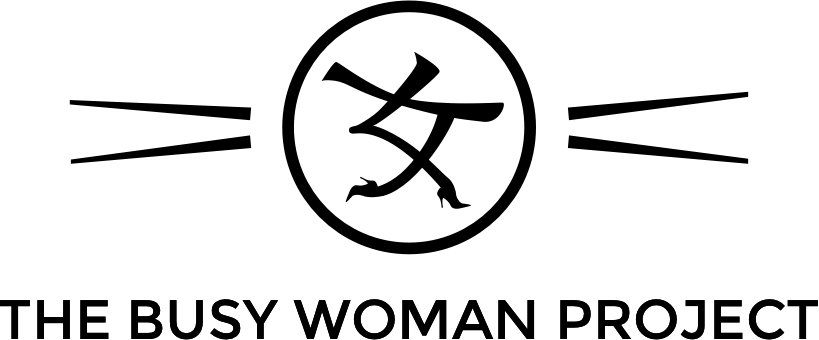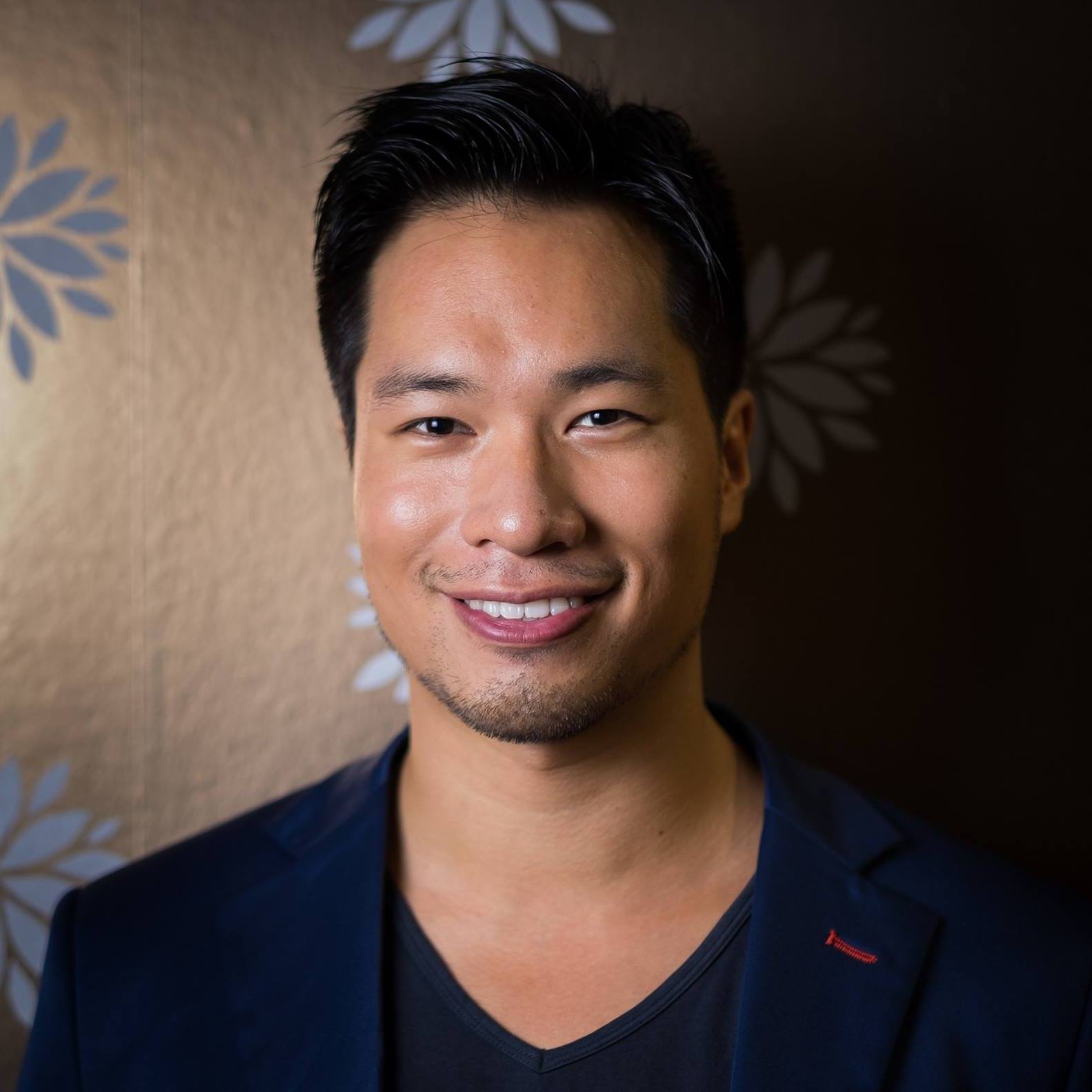As with most startups, serial founder Chris Chong's entrepreneurial journey has been a roller-coaster ride. He put off completing his law degree to start up his first venture, Beeconomic - a success story at 21 when the company was bought over by Groupon. Following a number of failed startup ventures, soul-searching and exploring, to bouncing back to the present moment, Chris is ready with his most recent project - SumoStory.
Talk about tenacity, grit and resilience!
Although The Busy Woman Project is women-focused, we are strong believers of including men in our conversations, especially those that are in positions to inspire & foster environments for both men AND women to thrive.
In this interview, we speak to Chris about his journey, healthy wellbeing habits, his viewpoints on entrepreneurs & their mental health, as well as on focusing on the positives, process and learning experiences when faced with failures & rejections.
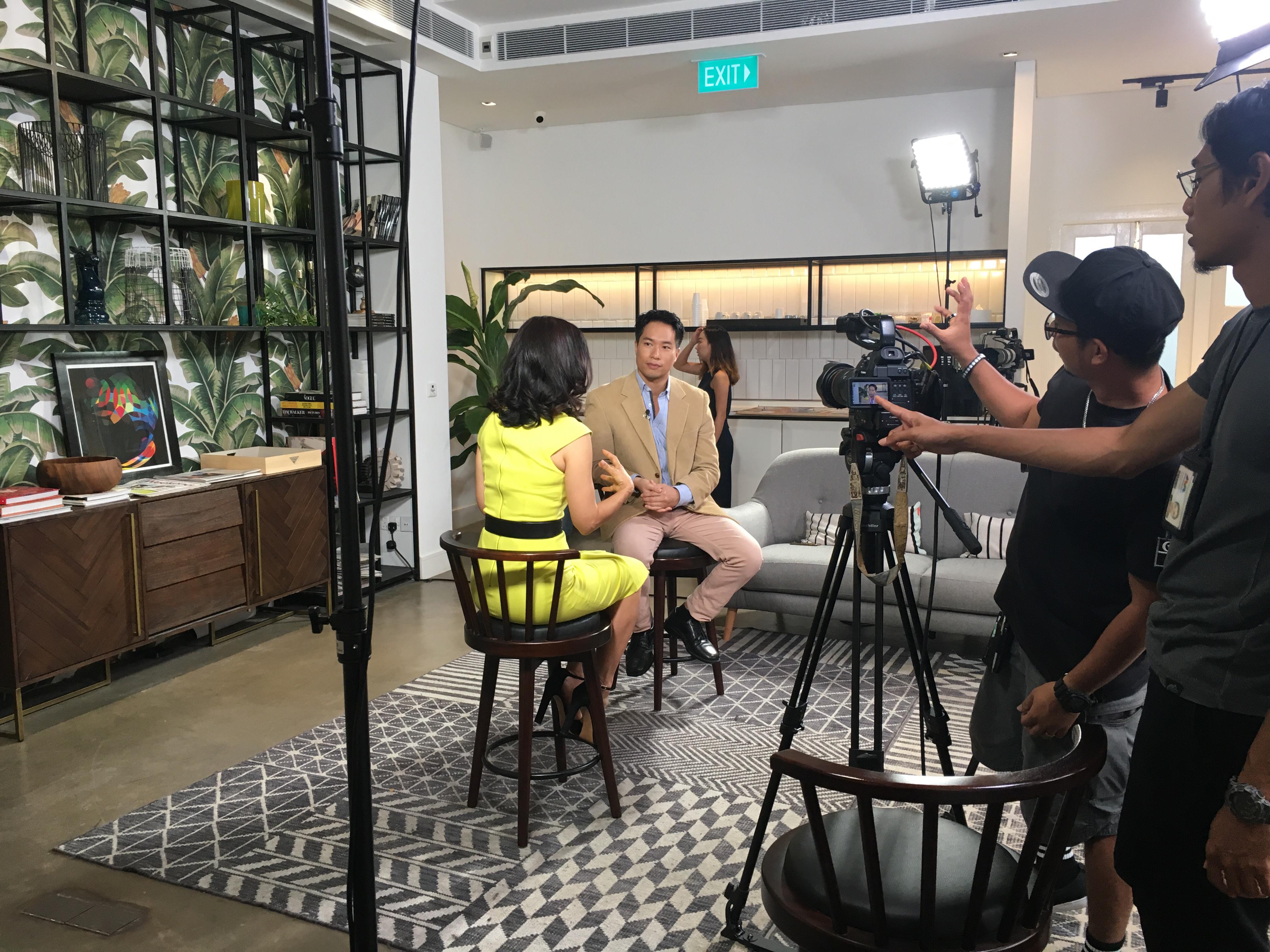
What is your purpose and what are some ways you live a purposeful life?
I believe that my purpose is to help people and to make the world a better place. Though, it has been hard for me to maintain a purposeful life - perhaps others may feel this as well...when you lose focus because your reality doesn't match up to your expectations, or when you have to live through hardship, misery or challenges.
The biggest way I live a purposeful life is to constantly seek self-improvement - by exposing myself to new challenges and listening to the experiences of others who overcame similar challenges. I have a broad idea that I want to do something special and positive for the world, but I'm still fine-tuning exactly what that contribution will look like.
How has this purpose evolved over the years?
Coming from an Asian migrant family, I saw my parents build their new lives from scratch when they migrated from Singapore to Australia. I saw my parents sacrifice so much of their lifestyle and youth by starting their own business, and their obsession to achieve financial success instilled in me the importance of hustling and building my own dream. Throughout my childhood, I saw their lives improve year-by-year due to their determination to do well, and I thought that would be my purpose too.
After 2 years in law school, I couldn't see a career path in law. I couldn't even see it as a stepping stone to something else, which is what a more prudent person would have done. I didn't know what I wanted to be, but I knew that I wasn't going to be a lawyer. So I traveled and formed the definition of my purpose, which is to help people and the world.
When I was 21, I was lucky when my first startup, Beeconomic, was acquired by Groupon. By being able to tick the 'money' box, I was able to take more risks and built two new companies that would go on to fail. All I had known back then was winning, selling, hustling, doing whatever it takes to make my company grow. If I was losing, I thought there was nothing I could find pleasurable about life.
It was around this time that I realised I had gained an addiction to winning that was unreasonable and unhealthy. I hadn't realised how much I'd lost the ability to keep track of my original purpose. Instead, all I wanted was to win.
Facing disappointment with myself and harbouring resentment for not doing well, I went through several short-period jobs and courses. After a lot of reflection and ego-shedding, I rediscovered my original purpose. It took about 4 years, but I wouldn't change any part of it.
Peeling away the layers and gaining a truer understanding of myself is priceless and I advise that you have to do it in your own way.
I feel like I have returned back to the point of hunger and excitement that I had when I decided at 20 that I would leave the well-traveled legal career path to pursue a risky and unpredictable life of entrepreneurship.
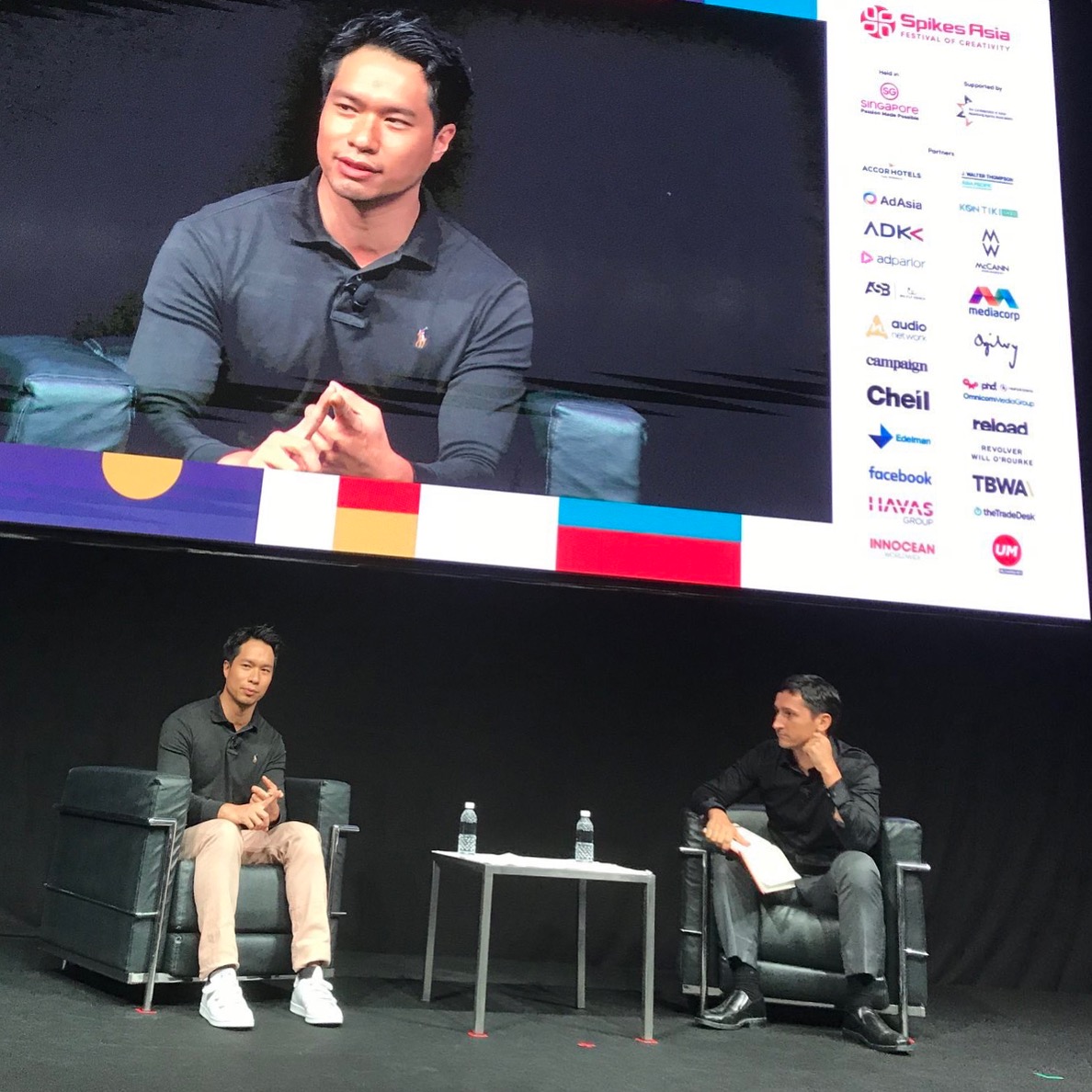
What are you busy with, and what does a typical day look like for you?
My latest startup SumoStory offers affordable PR to promising startups in Singapore. While most PR firms charge more than SGD $5k per month, we charge SGD $1,200-2,400 per campaign (start-to-finish). I do it because I love hearing the interesting stories from founders and then figuring out ways to get them publicity. It's harder for startups to pitch their stories to journalists than corporations, because they are relatively unknown, so I enjoy that challenging aspect of my work.
I feel lucky that half of my day, I'm able to focus on my personal development, where I spend an hour on spiritual health (meditation), mental health (podcasts/reading), physical health (running or gym) and the second half of the day working on SumoStory.
Have you done anything differently with this venture?
This time, I conducted a problem-solution fit before putting a single cent into this venture. In startup terms, it basically means having a structured survey and interview process with at least 10 potential customers to understand first-hand what their unique problems were, whether your proposed solution may help them, and how much money they would spend on your proposed solution.
In my 3rd interview with a potential customer, I realised that they were completely sold on the idea of SumoStory, and we ended up signing a contract that I wrote by hand.
But I never left anything off the table, including the idea of completely scrapping the idea if most people didn’t show interest. If you’ve ever been like me and created a business that you realized that no one was interested in, you gain an appreciation for the planning and preparation phase - especially market research. If you want to learn more about the problem-solution fit, please give Eric Ries “The Lean Startup” a read.
As an entrepreneur, rejections are part of the package; how have you dealt with these, and what keeps you going?
You have to be comfortable with rejection, and it's usually the case where the fear of rejection is far worse than the actual feeling of being rejected.
I think most entrepreneurs should take a course in public speaking because you can layer that skill onto almost every part of your job. Once you are comfortable and have found your 'voice', you need to go out and get busy. The status quo won't be changed by inaction, so you have to be the first-mover.
When I first did sales, I just walked into a shop and tried to pitch my business to a stranger. I think she was a sales assistant. I bombed it, but the rejection did not feel as bad as I thought it would. She said no, I left the shop, no harm done. I did feel bad, but I had a feeling that there were moments where she might have said yes if I had a better pitch, and if I kept on working on the pitch, I would eventually get a sale. The first rejection is always the hardest but you have to take the leap of faith. You'll soon then learn through enough rejections what works for your pitch and what doesn't.
Defeats are much harder to digest and longer lasting. If you end up defeated, say your startup fails, take a moment to step back, assess the situation, and seek data points where you can get valuable feedback on how you can improve, but don't be disheartened. The most important thing for me is to leave the ego at the door and to hear as much feedback as I can without involving emotion. The other advice is that while it may look like a defeat, you may still have a chance to build your business. Don't let a minor setback cause you to give the whole business up.
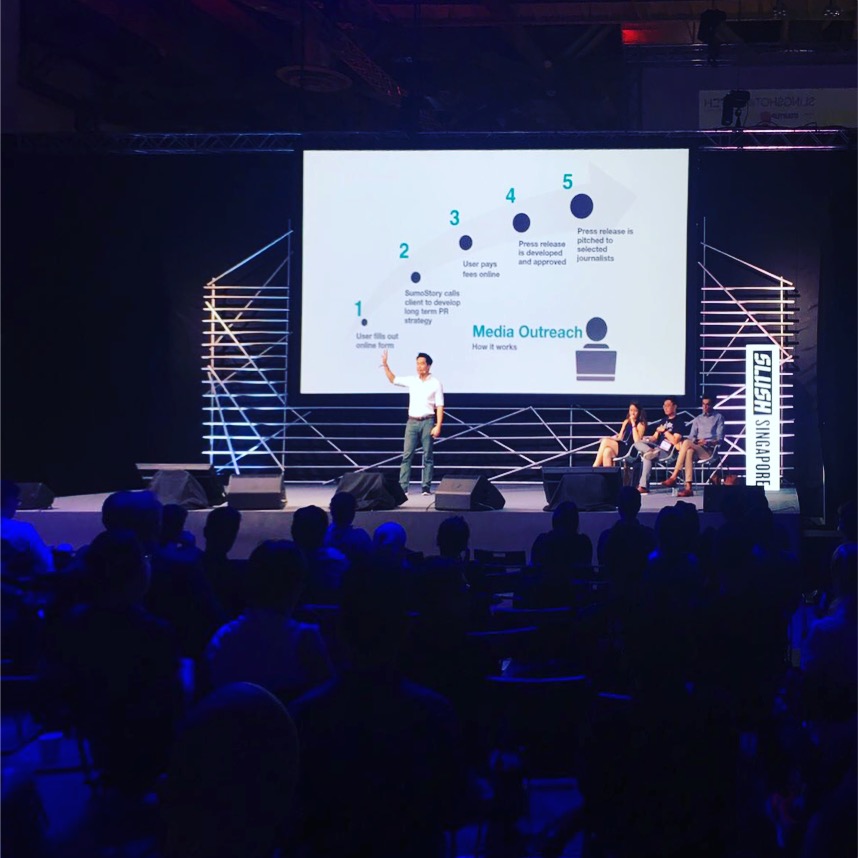
Do you have a mentor or someone that you look up to, and why?
I do have a female mentor who I met through a referral. She is one of the brightest and most positive people that I’ve ever met. I haven't had a mentor before, but what I can say is that most mentor relationships don’t have to be formal - in fact, it can scare a potential mentor away if you ask from them to be your 'formal' mentor. Just take someone that you respect out for a coffee, and tell them about some of the issues you are experiencing. Ask them for advice, pay for their coffee, and ask if you can take them out for another coffee. Be gracious with their advice, but don’t always believe the same solution will work exactly the same for you.
What are some questions fellow entrepreneurs can think about when they are feeling lost on their own journeys?
Making sure to connect with support systems of friends and family is one thing I’ve found super helpful. If you don't have a support system, I would suggest that you seek one out. It could be a fellow entrepreneur. If you are an introvert or you can't rely on family or friends, for whatever reason, then I would suggest seeking out a professional therapist.
The statistics on depression within the entrepreneur demographic is quite high (~30% the last time I saw). In Asia, seeing a therapist can be perceived as being weak or mentally unwell. We, in the entrepreneur community, need to change this mentality. People should feel free to get help without the fear of judgment, and it’s going to take a few brave influencers to initiate the change.
The key is always to strive to keep things in perspective. Life, like entrepreneurship, is a journey full of ups and downs. Wherever you’re at this point in your life, the good and bad will pass. If you feel that your startup is failing, there is a very good chance that your current endeavor will not be your last. So remember that you will live to fight another day.
On a day-to-day basis, identify small wins to celebrate. Avoid the grand notion that you have to reach some huge landmark or accomplishment before celebrating. Rejoice over the smaller wins- the first customer or transaction. Revel in the moment of pushing through three months. Recognizing small victories can boost your morale and provide a surge of energy. They provide you with the motivation to keep going. They may alleviate the stress that can drag you down.

What is your healthy ritual?
I recently went on a 10-day silent meditation retreat in Kuantan, Malaysia. It's called Vipassana and it's free (or based on donation). Meditation is a simple practice that is about training the mind's control over its emotions. It's about decreasing emotional reactivity so you can proactively create your day and create your life. The whole experience for me was more about self-improvement rather than religion. It was an amazing experience! I've learned so much about breathing and meditation. I've also got a lot of new insights into my life and about the world.
What is success to you?
I made the realization that I can achieve incredible success by making myself a tool for accomplishment - so instead of making selfish hollow victories for myself, I learnt that I can help others to attain their goals. I also learnt to accept failure as part of the journey and to be satisfied with a degree of self-acceptance and peace.
Have you found it difficult to stay true to your purpose? What fears are holding you back from living your most fulfilled life? Share with us! Say hi to us at [email protected].
